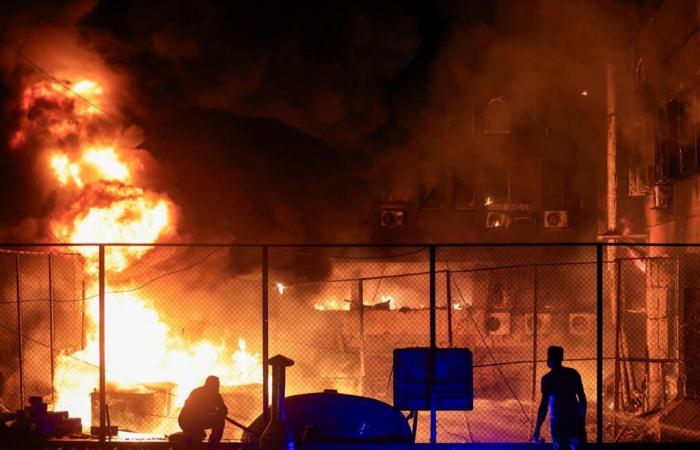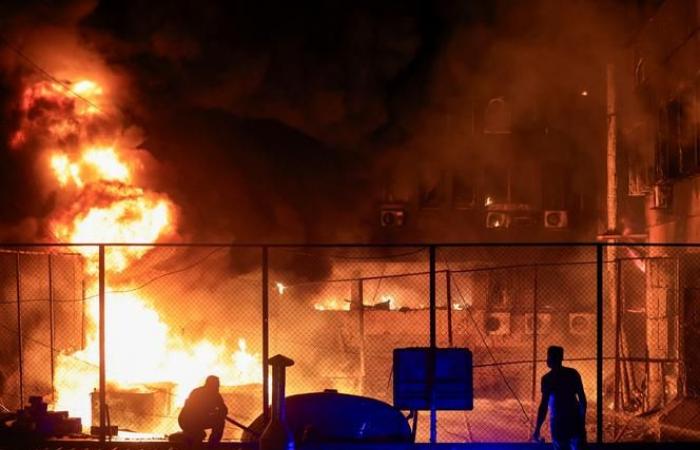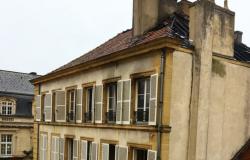A few hours apart, on Sunday November 17, Beirut was the target of two Israeli strikes, which left at least six people dead. These strikes in the heart of residential neighborhoods – the first in the Lebanese capital since October 10 – carried out without prior warning, targeted Hezbollah officials. The Lebanese Shiite Party has confirmed the death of its head of the media office, Mohamed Afif.
The latter was targeted on Sunday midday while he was in a building belonging to the Syrian Baath Party, in the residential district of Ras Al-Nabaa. The bombing caused panic in this mixed neighborhood, where Sunnis and Shiites live, near the campus of Saint-Joseph University and the French embassy. The strike has “leads four dead, including a woman, and 14 injured, including two children”indicated the Lebanese Ministry of Health.
“We are here in a residential area. We not only affect one person but also the population. (…) What we are undergoing as a systematic scorched earth policy against civilians is unacceptable”condemned the independent MP, and former president of Beirut, Melhem Khalaf, present on the scene. The politician denounced “the silence which is that of the complicity of States and the international communitye ». “It is no longer enough to repeat that we are faced with a violation of international humanitarian law, faced with a situation of violation of the entire international legal arsenal, and to say how Israel is in the process of replacing international legitimacy with the law of the jungle”, adds Melhem Khalaf, calling for the election of a president, a position vacant for two years, to “restore Lebanese sovereignty”.
Ceasefire plan with Israel
Early in the evening, another Israeli strike fell on a shopping street in the Mar Elias neighborhood in central Beirut. The strike, which targeted a car as well as an electronics store and the apartment above, left two people dead and 22 injured, according to the health ministry. Israeli radio claimed that the head of the Shiite party's military operations in southern Lebanon was targeted. In Lebanon, the Ministry of Education announced the closure, Monday and Tuesday, of schools in the capital and its surrounding areas.
This new escalation comes as Lebanese officials study a proposed ceasefire with Israel presented by the United States. The American ambassador to Beirut, Lisa Johnson, transmitted to the resigning Prime Minister, Najib Mikati, and to the head of Parliament, Nabih Berri, a thirteen-point plan which notably provides for a sixty-day truce and the deployment of the army in southern Lebanon, on the border with Israel. Israel's demand to obtain freedom of operation in southern Lebanon in the event of Hezbollah's violation of the agreement – which Lebanese officials refuse – is at the heart of the negotiations.
You have 26.98% of this article left to read. The rest is reserved for subscribers.







